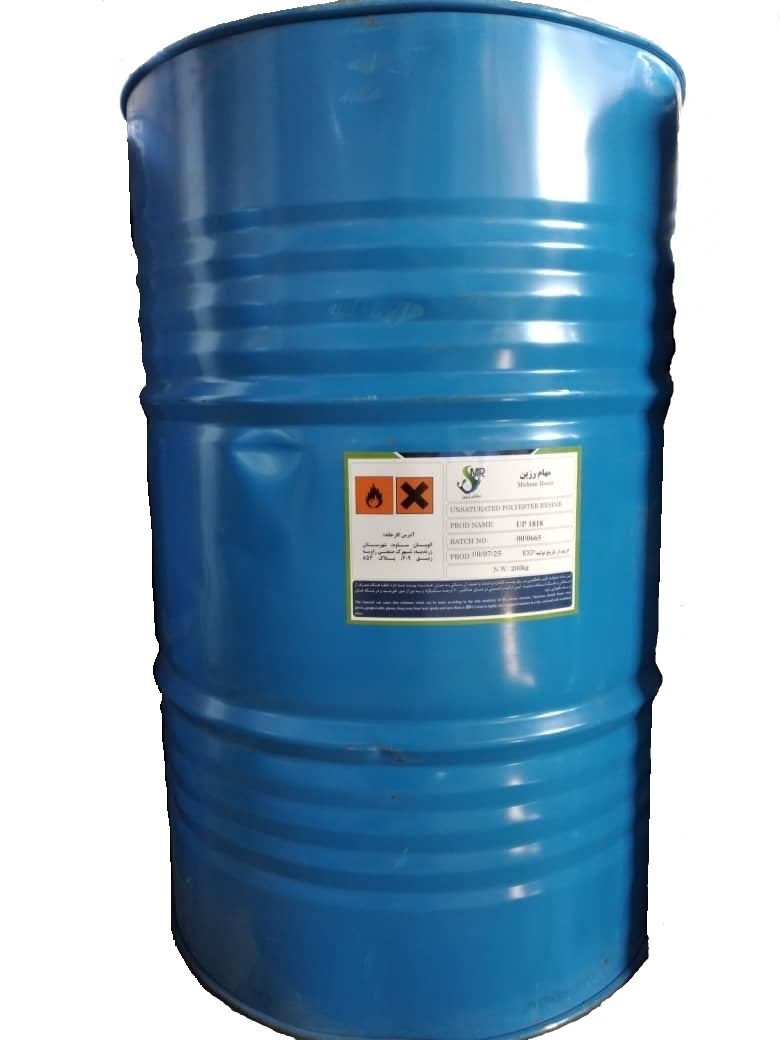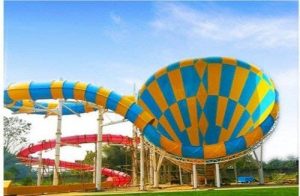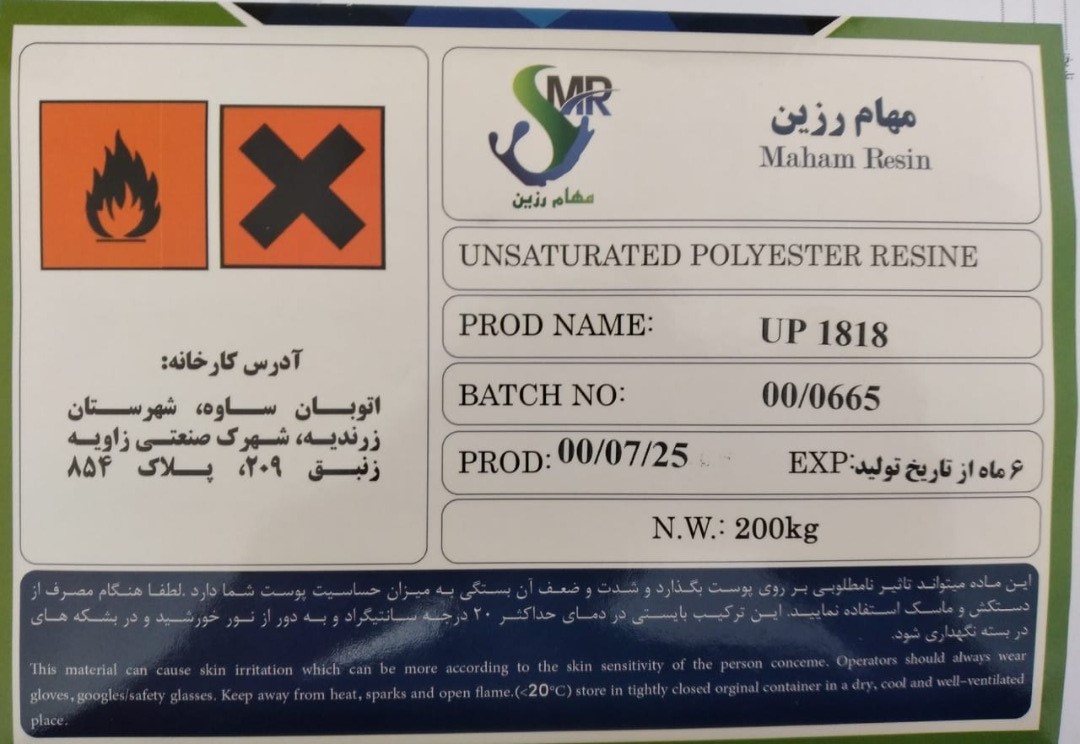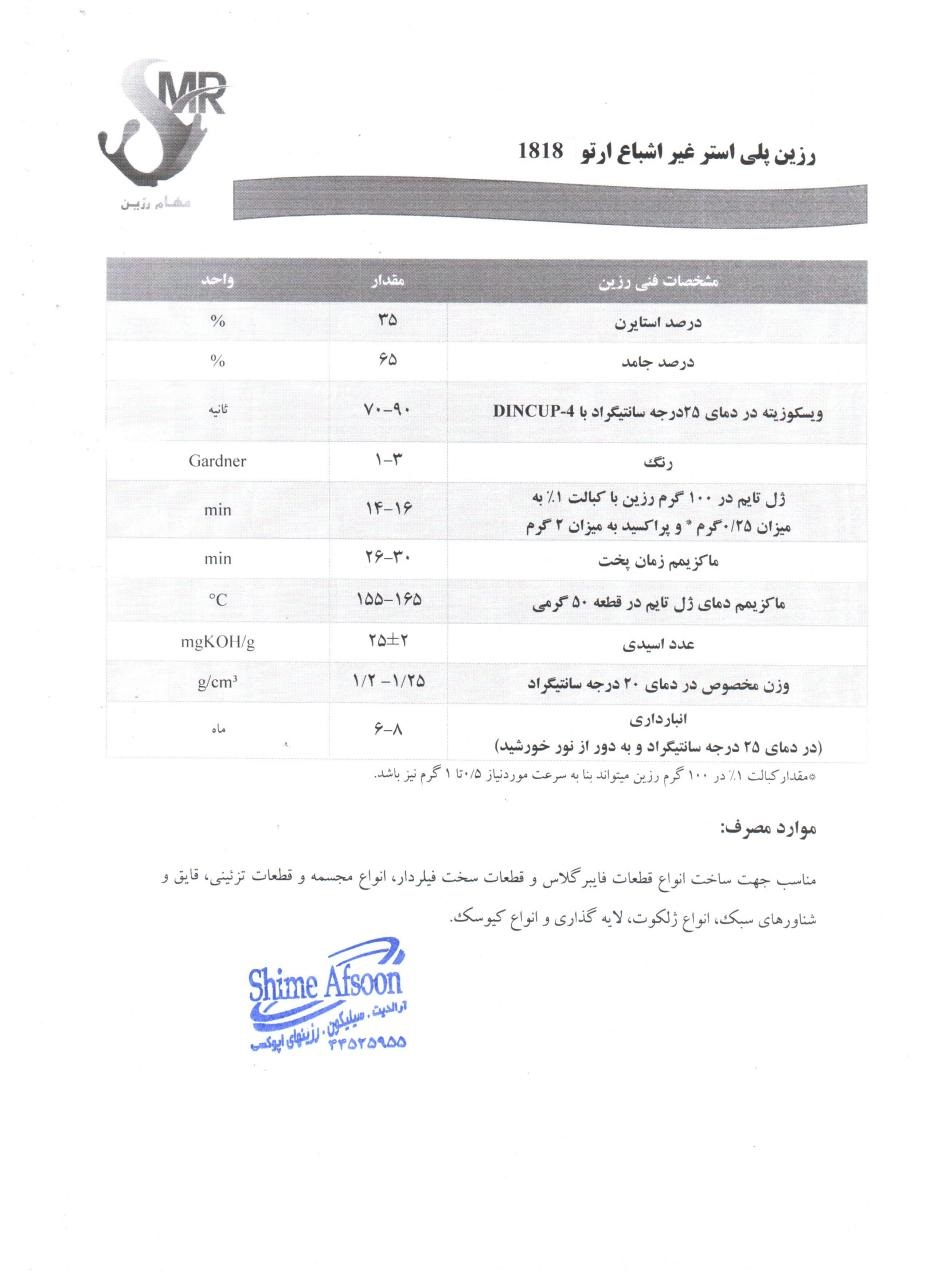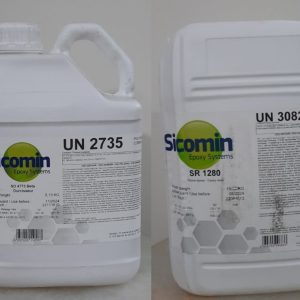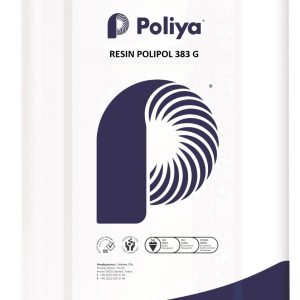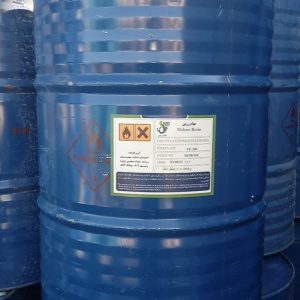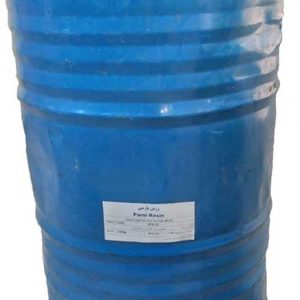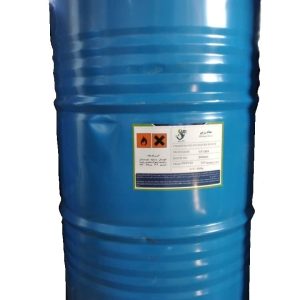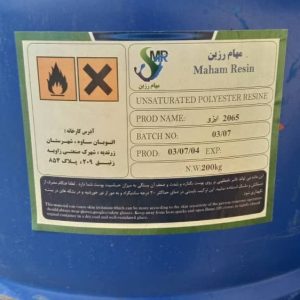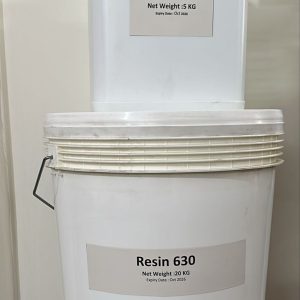Introduction of Maham 1818 polyester resin
Polyester resin in a broad sense is a polymer that has ester monomers in its chain. Polyester is used as a resin along with non-reinforcing materials such as carbon fiber, aramid or glass fibers in plastic composites (boat construction, car body, aircraft, etc.), as a casting compound in the manufacturing industry, and as synthetic fibers in textiles.
Application of Maham 1818 polyester resin
Due to its resistance to absorption, moisture, UV rays, as well as good elasticity and flexibility, high transparency and high penetration and adhesion to glass fibers, this resin is used in the production of composite parts and layering industries such as automotive and building parts.
Features of Maham 1818 polyester resin
– Can be used at room temperature
– Electricity failure (combine with aluminum powder to be conductive)
– Color stability against light or air temperature changes
– After mixing, it dries and hardens quickly in the vicinity of air oxygen.
– After drying, polyester does not return to liquid state.
Important points regarding the use of Maham 1818 polyester resin
Due to strong and destructive reactions, never directly combine acid with cobalt to prepare the resin, use cobalt first and then acid. Polyester resin should be stored in a cool environment. Due to the adhesive properties of polyester resin, it easily sticks to wood and mold, as a result, wax and film can be used as separating materials. In this way, before using the resin, the liquid of the film can be applied to the inner surface of the mold with a brush and the wax can be polished, then the liquid can be poured into the mold smoothly.
Anti-bubble resin
It is a solution that when mixed with resin causes the bubbles inside the resin to come out faster and is mostly used for the casting method.
Maham 1818 polyester resin packaging
20 kg
200 kg (barrel)
Durability of Maham 1818 polyester resin
4 to 6 months (if stored in proper conditions)


